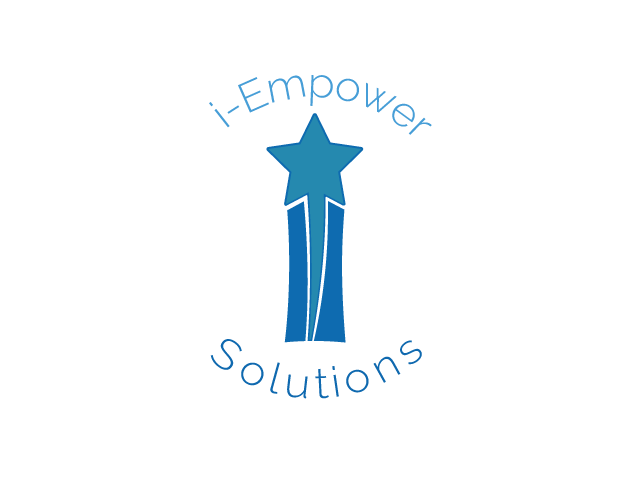The Importance of Human Connection
In the past few decades, we’ve become distant. I remember hearing stories when I was a kid about my parents growing up in their small Bayonne, NJ community. Summer nights were spent outside with the kids playing and adults discussing life. It was common practice to have neighbors over for cake and coffee; you actually knew your neighbors. At work, coworkers conversed with each other and often built relationships outside of work. Children mastered play early and looked forward to meeting new people and having new experiences as they grew up. Electronics didn’t dictate life back in those days. Instead, we seamlessly understood the power of human connection.
We don’t know how to connect anymore. Our society has faced a significant shift in how we interact with others among different age groups. Our nervous system craves good, meaningful conversations and people we can trust. We need people to talk to and who understand what we’re going through. It’s vital for our mental health. We all need a good support system, especially those who with mental health issues.
Our social dynamic has changed. Devices will be on the tables at restaurants. We will text our friends instead of calling them. Neighborhood streets will not be filled with people talking on lawn chairs and kids playing outside. Social media will continue to have a dominant role in how we engage with each other. However, we can still learn how to navigate our new social landscape.
If we take time to examine our social lives, we can have a positive ripple effect. Do you have a group of people you can trust, even if it’s a small group? Do you know your community? (and maybe have a close relationship with one neighbor?) Are you open to engaging with people at work and building relationships? Are you present at dinners at home with family and out with friends? Do you view social media as simply a medium, not a dominant force in your interactions? Are we showing the next generation age-appropriate interaction with peers? These are some key questions we can ask ourselves as we strive to enrich our social climate.
I hope this helped give some feedback on how to start working on this issue. As I previously said, we can’t return to how we used to be. Instead, we can make the best of our current situation. Technology can have many benefits if used correctly. We have to learn ways to handle technology responsibly and teach the younger generations the power of building blocks of socialization. Let’s all work together and return to strong connections for positive change!
